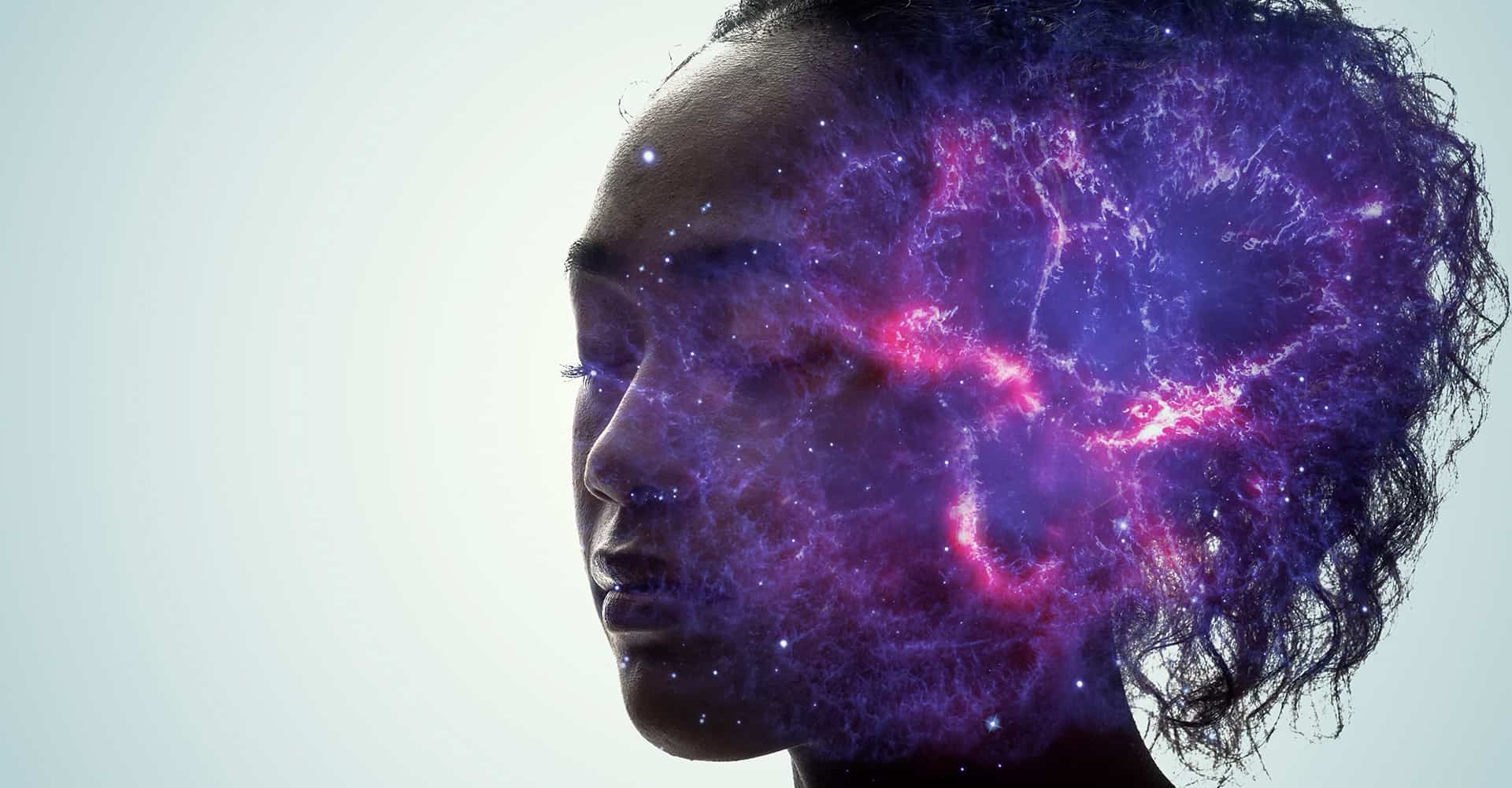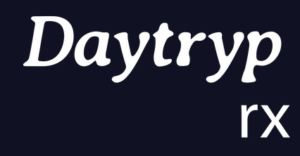Anxiety disorders affect millions of people worldwide, and for some, traditional treatments like cognitive-behavioral therapy (CBT) and medication may not provide sufficient relief. When anxiety proves resistant to these standard treatments, exploring advanced options becomes crucial. For residents of Phoenix, Arizona, understanding the cutting-edge therapies available can open new avenues to managing and overcoming treatment-resistant anxiety.
Understanding Treatment Resistant Anxiety
Treatment-resistant anxiety is a condition where individuals do not respond adequately to conventional therapies. This persistent anxiety can severely impact daily life, making it essential to explore alternative treatment strategies.
Dr. Daniel Pine, a leading researcher in anxiety disorders, states:
“While traditional treatments work for many, a significant subset of patients require alternative therapies to manage their symptoms effectively” .
Advanced Treatment Options
1. Ketamine Therapy
Ketamine, originally used as an anesthetic, has shown promising results in treating various mood disorders, including treatment resistant anxiety. Administered intravenously or as a nasal spray, ketamine acts rapidly on the brain’s glutamate system, providing quick relief from anxiety symptoms.
Benefits of Ketamine Therapy
- Rapid Onset: Patients often experience relief within hours, unlike traditional antidepressants that may take weeks to become effective.
- Efficacy: Studies indicate that ketamine can significantly reduce symptoms of anxiety in patients who have not responded to other treatments .
2. Transcranial Magnetic Stimulation (TMS)
TMS is a non-invasive procedure that uses magnetic fields to stimulate nerve cells in the brain, particularly in areas associated with mood regulation. This therapy has been FDA-approved for treating depression and is now being explored for anxiety disorders.
Benefits of TMS
- Non-Invasive: TMS does not require surgery or medication, making it a viable option for those hesitant about invasive procedures or drug side effects.
- Long-Lasting Effects: Many patients report sustained improvements in their anxiety symptoms after completing a course of TMS .
3. Psilocybin-Assisted Therapy
Psilocybin, the active compound in psychedelic mushrooms, is gaining attention for its potential to treat treatment resistant anxiety. Administered in a controlled, therapeutic setting, psilocybin can facilitate profound psychological insights and emotional breakthroughs.
Benefits of Psilocybin Therapy
- Profound Psychological Impact: Patients often report significant reductions in anxiety and improvements in overall well-being after psilocybin sessions.
- Research Support: Clinical trials have shown promising results, leading to ongoing studies to further validate its efficacy .
References
- Pine, D. S. (2020). Treatment-Resistant Anxiety: Exploring Alternative Therapies. Journal of Anxiety Disorders.
- Feder, A., Parides, M. K., Murrough, J. W., et al. (2014). Efficacy of Ketamine for Treatment-Resistant Anxiety: A Randomized Clinical Trial. JAMA Psychiatry.
- George, M. S., Taylor, J. J., Short, E. B. (2013). The Expanding Evidence Base for rTMS Treatment of Depression. Current Opinion in Psychiatry.
- Kabat-Zinn, J. (1990). Full Catastrophe Living: Using the Wisdom of Your Body and Mind to Face Stress, Pain, and Illness. Delta.
- Griffiths, R. R., Johnson, M. W., Carducci, M. A., et al. (2016). Psilocybin Produces Substantial and Sustained Decreases in Depression and Anxiety in Patients with Life-Threatening Cancer: A Randomized Double-Blind Trial. Journal of Psychopharmacology.
- McMahon, F. J. (2018). Genetic Testing and Personalized Medicine in Depression. Clinical Pharmacology & Therapeutics.










 Daytryp Health has taken
Daytryp Health has taken  The
The 